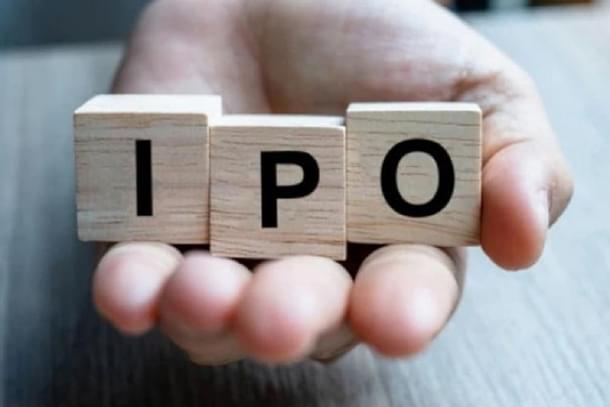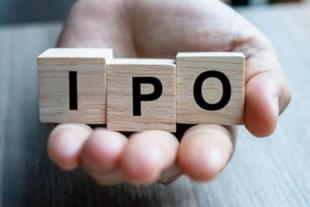News Brief
GPT Healthcare IPO: Hospital Chain Plans To Issue Fresh Equity Worth Rs 17 Crore
Sourav Datta
Oct 22, 2021, 10:37 AM | Updated 10:37 AM IST
Save & read from anywhere!
Bookmark stories for easy access on any device or the Swarajya app.


GPT Healthcare, the parent company of ILS brand of hospitals, has filed for an initial public offering (IPO). The company plans to issue fresh equity worth Rs 17 crore, while existing investors and the promoters exit a part of their stake. Banyan Tree Growth Capital II LLC, is a major investor in the company, and will be selling 2.61 crore shares in the company.
GPT runs four hospitals under the ILS Hospitals brand, in the Eastern part of the country. The hospitals are situated in Kolkata, Howrah and Agartala. According to the company, 93.6 per cent of patients of the company are walk-ins or private insurance holders, implying that these people choose the hospital due to its strong brand name.
The hospitals are strategically located in densely populated areas, allowing them to capitalise on easy accessibility and recall. According to the company, it spends around Rs 50 lakh in capital expenditure on each bed. An average occupancy of around 50 per cent and an average length of stay of around four days, allows the hospitals to break even within a period of nine to 10 months.
The company’s revenue base is well-diversified across different segments, which reduces the risk on a particular type of ailment. The hospital chain is looking into ways to get into speciality segments where it faces less competition. The company also benefits from medical tourism with patients arriving from countries like Bhutan, Nepal and Bangladesh, as the cost of treatment and travel is lower.
According to the company, the geographical areas it operates in have a much lower penetration of medical care facilities compared to other organisations. The lack of supply implies strong demand for services of a hospital. The company also runs a nursing school at its hospital in Agartala to generate revenue and create a source of staffing.
The company reported operational revenue growth of around 15 per cent in financial year 2021 (FY21) from Rs 211 crore to Rs 242 crore. In FY20, the company has witnessed relatively higher growth of 23 per cent. Operating margins have remained relatively stable between 18 to 22 per cent for the past three years.
While the company’s debt to equity ratio had increased from 0.75 to 0.91 from FY19 to FY21, it dropped back to 0.81 in the first quarter of FY22. The business is capital-intensive as the company owns and operates the hospital, which requires both high capital expenditure and working capital expenses. Nevertheless, the company has generated positive cash flow from operation in the past three years.
Key Risks
Related Party Transactions: The company has taken part in several transactions with related parties in the past. These transactions included lending to entities owned by the promoters.
High Debt: The company operates in a capital intensive sector, and therefore requires both fixed capital expenditure and working capital. Any expansions in the future might require it to take out higher amounts of loans, resulting in higher indebtedness. Further, any reduction in earnings could potentially affect its ability to repay loans.
Regulated Industry: The medical industry is highly regulated, and any changes in the regulations, pricing mechanisms, licensing, and other aspects could affect the company adversely. In the past, the government has regulated the prices of several medical items, constraining the ability of hospitals to earn sound margins.
Effects Of Covid: The Covid crisis had a strong impact on the medical industry, and might have influenced revenues and margins for the company. Patients might prefer to not go to hospitals for the fear of contacting Covid which could affect the company’s earnings. The company’s earnings from medical travellers from other countries are also affected due to the pandemic.





